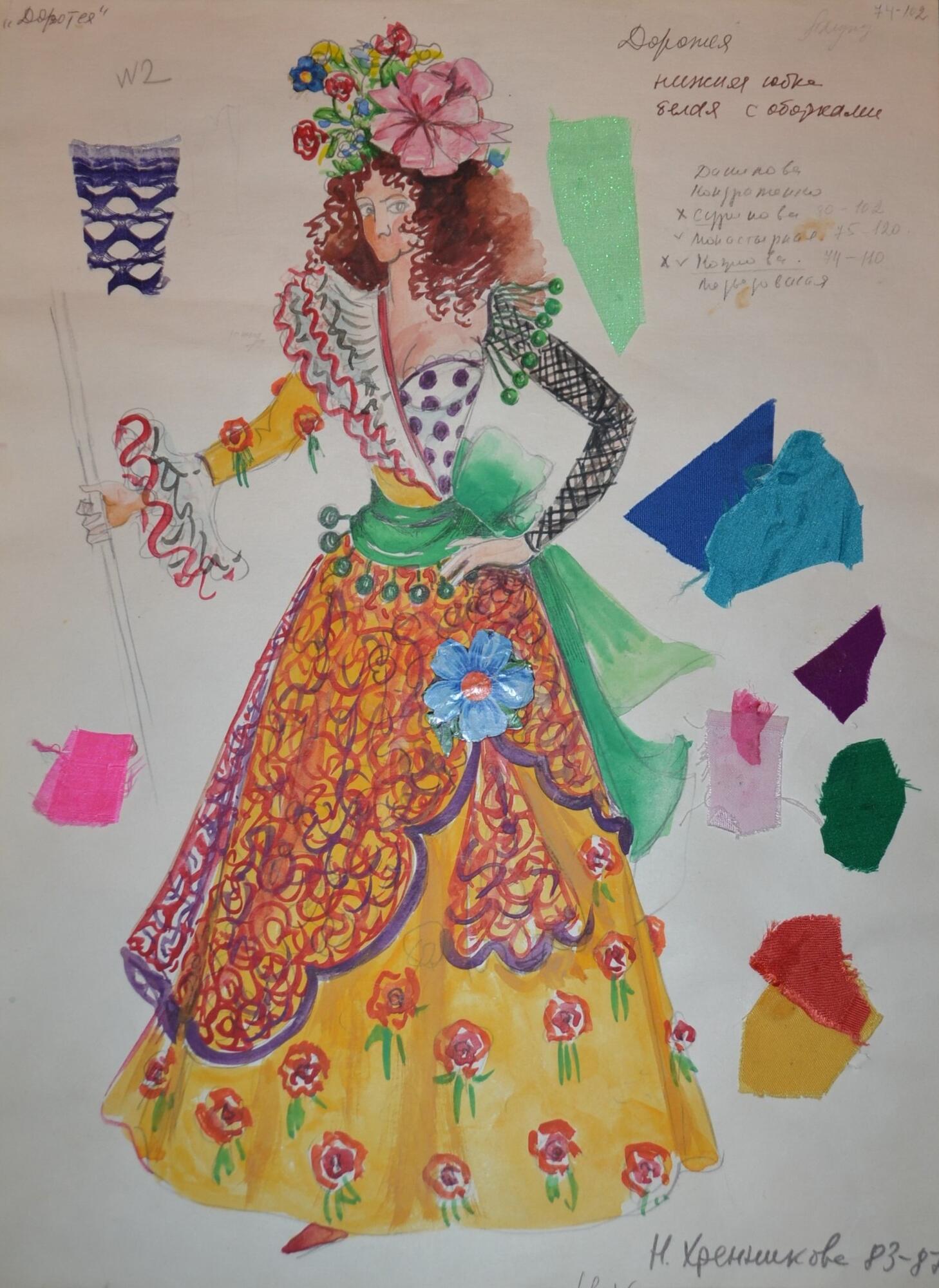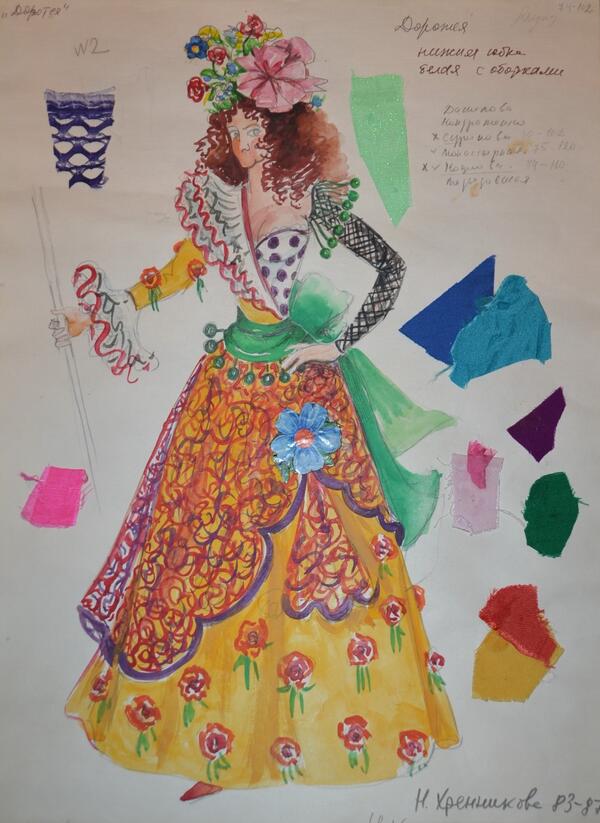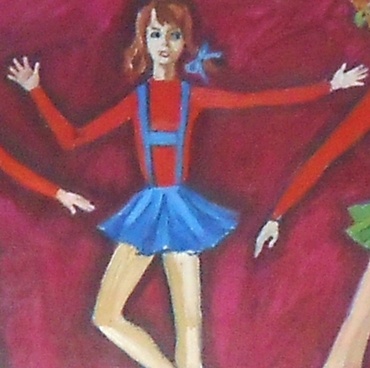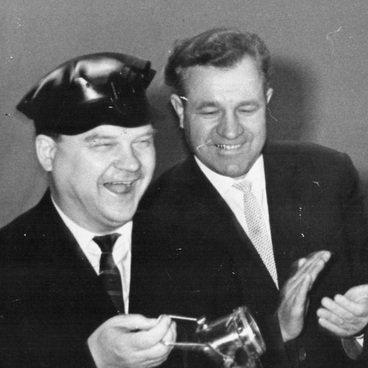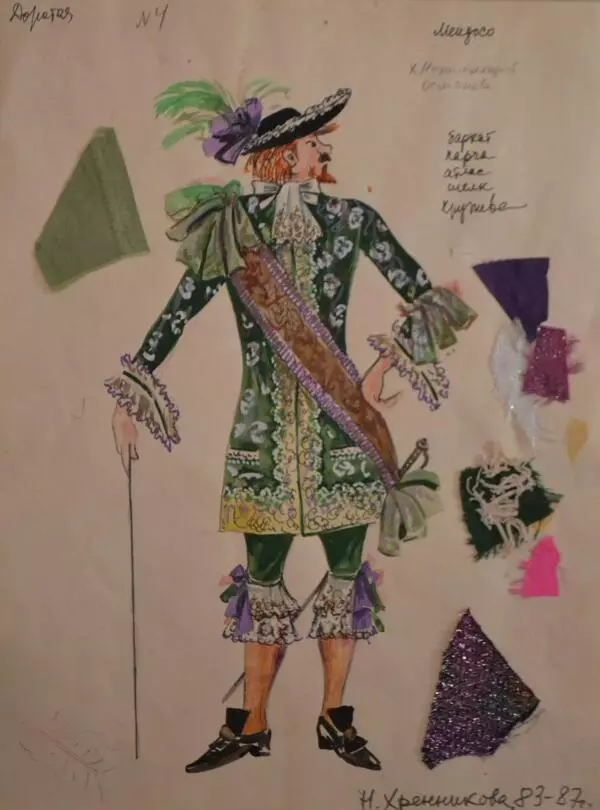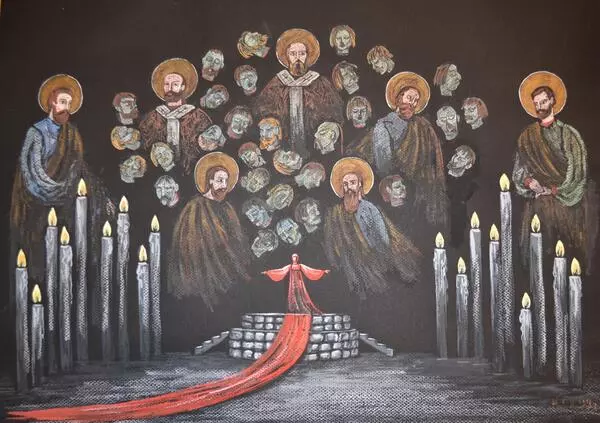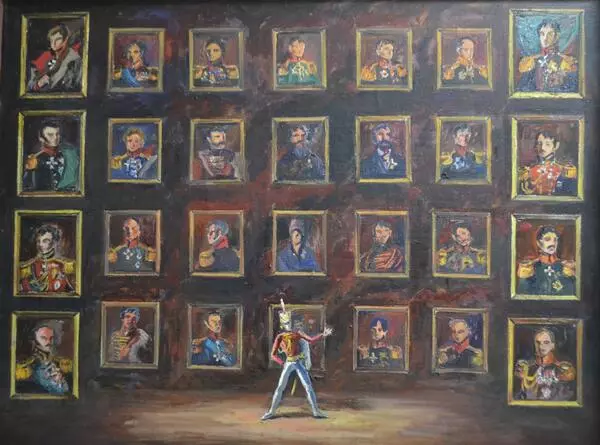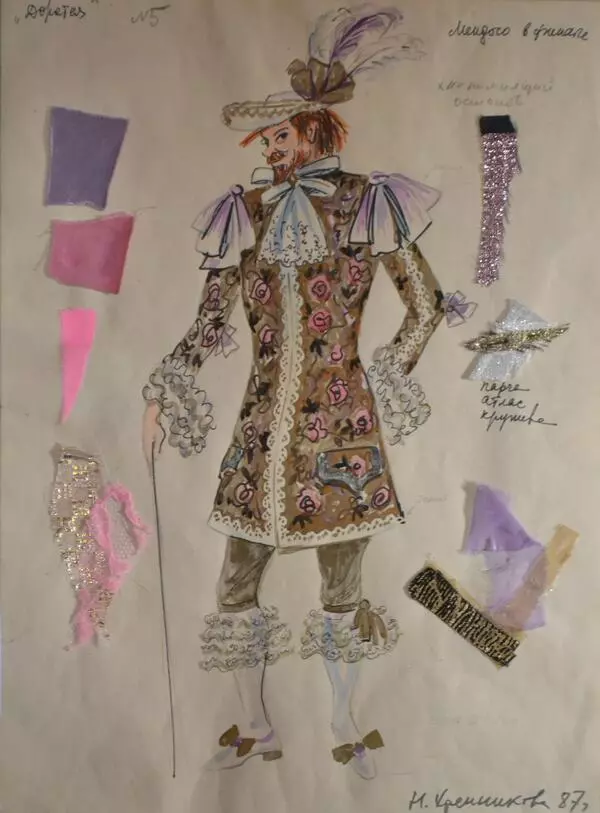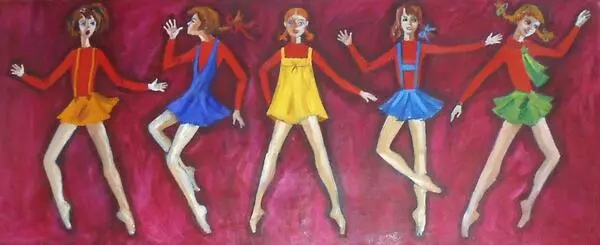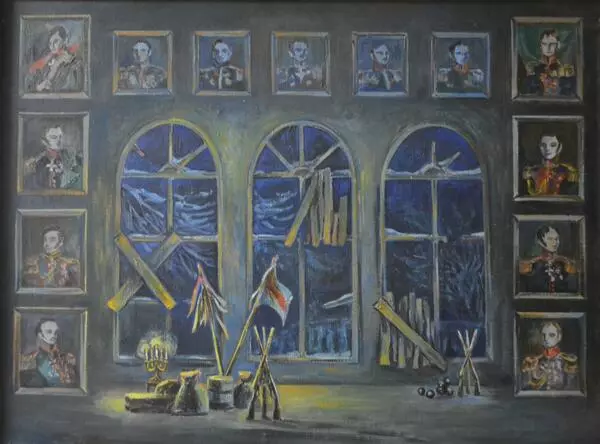The comic opera ‘Dorothea’ by Tikhon Khrennikov is based on the play ‘Duenna’, which was written by the English playwright Richard Sheridan in 1775. The work was very successful — ‘Duenna’ was shown in theaters around the world. Khrennikov is not the first musician who drew attention to the play — the composer Sergey Prokofiev wrote the opera ‘Betrothal in a Monastery’ on this plot.
Khrennikov met with ‘Duenna’ in 1978, when director Mikhail Grigoriev invited him to write music for the film of the same name. The film was released in 1979 and immediately fell in love with the audience. The composer decided to transfer the action to the theater stage and wrote the opera Dorothea.
The comic opera took place in Spain, in the town of Seville. According to the plot, the main character Dorothea was in love with a young man, but they could not be together — the girl promised to marry another man. The duenna Dorothea came to help the lovers. In Spanish, dueña means hostess, which was the name for an elderly woman who looked after a young unmarried girl. Dorothea ‘always patronized lovers’ and called herself ‘a fan of tender passions’. She takes a desperate step: she helps her foster daughter escape from the parental home, and she pretends to be her senorita in front of her fiance Mendozo.
Dorothea is the main character of the opera, so all the viewer’s attention was riveted on her. Since the opera is comic, the characters in it are caricature. First of all, this was expressed in the costumes. Duenna tried to look like a rich young aristocrat — she wore bright fluffy dresses, looked like a “crow in peacock feathers”.
The opera has a happy ending — the young people in love stayed together, and the duenna married a rich gentleman. In the opera, Dorothea, unlike the play, is not an evil prudent shrew, but, albeit an elderly and ugly, but intelligent and charming woman who deserves to be happy.
The premiere of the opera took place at the Musical Theater named after K.S. Stanislavsky and V.I. Nemirovich-Danchenko on May 26, 1983 in Moscow.
Khrennikov met with ‘Duenna’ in 1978, when director Mikhail Grigoriev invited him to write music for the film of the same name. The film was released in 1979 and immediately fell in love with the audience. The composer decided to transfer the action to the theater stage and wrote the opera Dorothea.
The comic opera took place in Spain, in the town of Seville. According to the plot, the main character Dorothea was in love with a young man, but they could not be together — the girl promised to marry another man. The duenna Dorothea came to help the lovers. In Spanish, dueña means hostess, which was the name for an elderly woman who looked after a young unmarried girl. Dorothea ‘always patronized lovers’ and called herself ‘a fan of tender passions’. She takes a desperate step: she helps her foster daughter escape from the parental home, and she pretends to be her senorita in front of her fiance Mendozo.
Dorothea is the main character of the opera, so all the viewer’s attention was riveted on her. Since the opera is comic, the characters in it are caricature. First of all, this was expressed in the costumes. Duenna tried to look like a rich young aristocrat — she wore bright fluffy dresses, looked like a “crow in peacock feathers”.
The opera has a happy ending — the young people in love stayed together, and the duenna married a rich gentleman. In the opera, Dorothea, unlike the play, is not an evil prudent shrew, but, albeit an elderly and ugly, but intelligent and charming woman who deserves to be happy.
The premiere of the opera took place at the Musical Theater named after K.S. Stanislavsky and V.I. Nemirovich-Danchenko on May 26, 1983 in Moscow.
